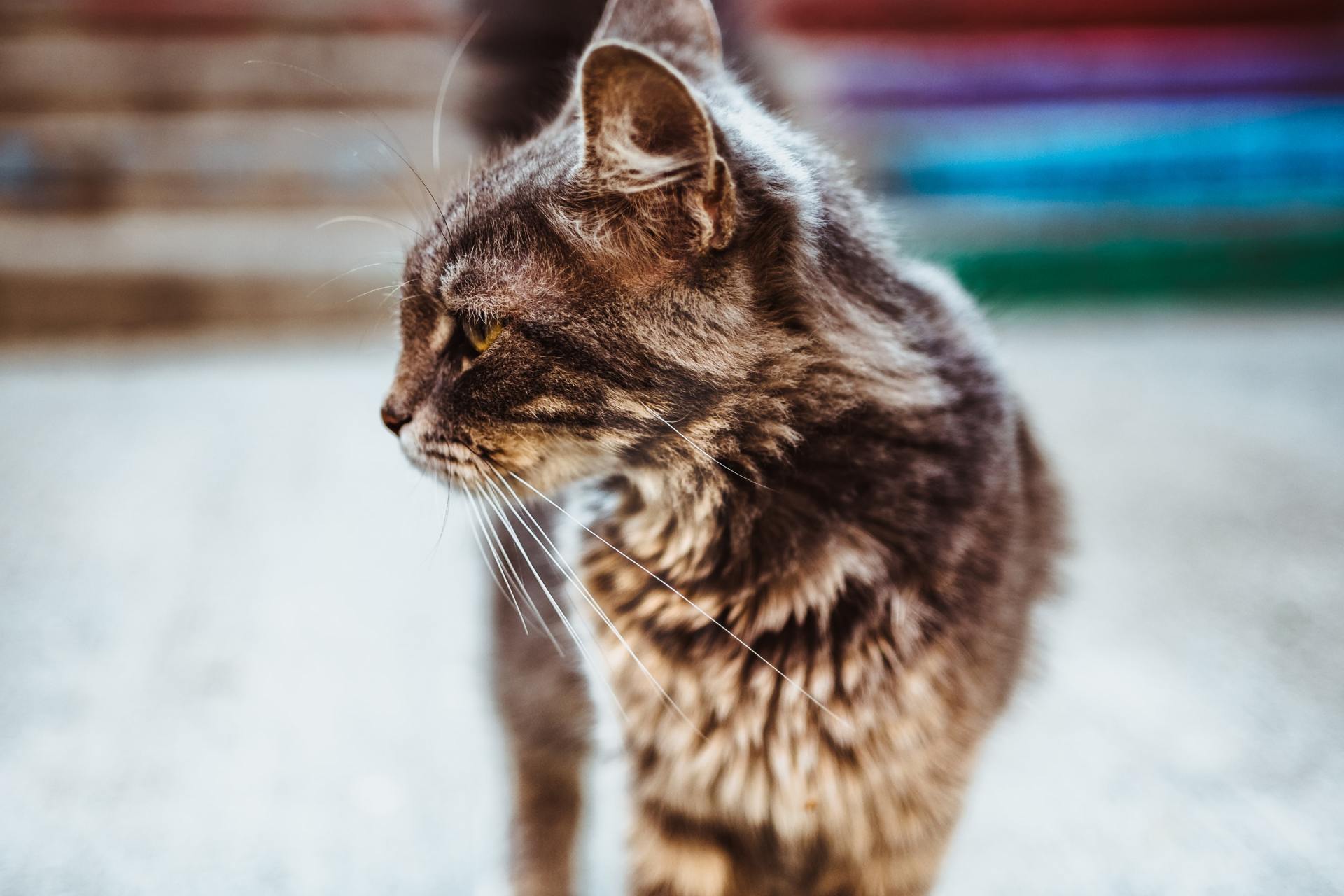Ferretproofing
Ferret proofing your home is essential if you want to keep your furry friend safe and healthy. Ferrets are curious, energetic, and notorious for squeezing into tight spaces or chewing on things they shouldn’t. While they make wonderful pets, their inquisitive nature can lead them into dangerous situations if your living space isn’t properly secured. To ferret proof your home, you’ll need to think ahead and identify potential hazards, like loose wires, toxic plants, or small openings they might crawl into. Setting up ferret-safe areas and using barriers to block off restricted spaces will help create a secure environment for your pet. Taking these precautions not only protects your ferret but also gives you peace of mind knowing they can explore safely without getting hurt or causing damage to your home. By ferret proofing, you ensure a safe, happy environment for both you and your pet.
Are you considering getting a pet ferret? These guys may be small, but they pack a lot of personality into those little bodies. You may be surprised and delighted at how cute, playful, and mischievous your new pet is. In order to keep your pint-sized pal safe, you’re going to need to do some ferretproofing. A Galena, MD vet offers some tips on this below.
Choose A Spot
It’s generally best to ferretproof one or two rooms, and keep your tiny pet confined to those areas. If these rooms don’t have doors you can close when your furry friend is out of his cage, you can make your official ferret playrooms escape proof by using baby gates.
Holes
Ferrets can fit into some very small holes, and they love exploring nooks and crannies. Seal off any openings behind and beneath furniture and counters. You may want to lie down on the floor and look around from that level, as you may notice things you wouldn’t necessarily spot otherwise. You can use rolled-up towels to block smaller openings, such as cracks between washers and dryers.
Choking Hazards
Anything small or sharp is a choking hazard, especially for ferrets. Items like pens, tacks, paper clips, earrings, coins, and small toys can easily be swallowed. To keep your home ferret proof, make sure these objects are stored securely and out of reach of those tiny paws!
Address Wires
Your pet could be seriously hurt by chewing on a live wire, and could even start a fire. Protect, move, or secure any wires that your furry friend could possibly reach.
Get Slipcovers
Ferrets love to burrow into cushions and pillows, which can be dangerous since they might accidentally get sat on. To make your home ferret proof, consider using removable slipcovers for your furniture to discourage them from hiding in unsafe spots.
Toxins
It’s not a bad idea to put childproof locks on your lower cabinet doors, especially for cupboards where you may store cleaning products or other chemicals. Pesticides, automotive products, detergents, and drain openers are all unsafe for your little buddy. Many plants are also unsafe.
Valuables
Ferrets are notorious for grabbing anything that catches their attention, whether it’s a bracelet, your car keys, or even your cell phone. To make sure your belongings stay safe, it’s important to ferret-proof your home by storing personal items in places your curious little thief can’t access.
Ferret Proof Windows and Doors: Preventing Escapes in 2025
How should windows and doors be secured to prevent escapes?
Windows and doors should be secured with physical barriers to prevent ferret escapes. Baby gates can be used to block doorways when doors can’t be closed, ensuring ferrets stay in designated play areas. For windows, make sure they are fully closed or have secure screens that ferrets cannot push through. If screens are loose or damaged, repair or replace them. Sliding doors and windows should also have sturdy locks, as ferrets are curious and may try to nudge or pry them open with their small, nimble paws.
How can owners create designated ‘ferret-safe’ play areas?
To create ferret-safe play areas, owners should designate one or two rooms and block off escape routes using baby gates if necessary. Seal small holes and gaps under furniture, where ferrets could get stuck. Remove or secure any small items that pose choking risks, like coins or paper clips, and protect exposed wires to prevent injury or fire hazards. Slipcovers on cushions can prevent ferrets from burrowing dangerously. Install childproof locks on lower cabinets to keep chemicals and other toxins out of reach, and secure valuables to avoid theft by curious paws.
What precautions should be taken with washing machines, dryers, and dishwashers?
To prevent accidents with washing machines, dryers, and dishwashers, seal off any openings between or behind these appliances where ferrets may squeeze through. Ferrets are curious and small enough to fit into tight spaces, which can be dangerous. Using rolled-up towels or similar barriers helps block these gaps. Additionally, always check inside the appliances before using them, as ferrets may crawl into them unnoticed. Regularly inspect these areas to ensure your pet remains safe from potential harm while exploring.
How should medications and personal care items be secured?
Medications and personal care items should be stored in places that are completely inaccessible to ferrets. Use childproof locks on cabinets, especially those located at lower levels. Ferrets are curious and agile, and they can easily get into unsecured areas where harmful substances like medications, cosmetics, or other personal care items may be stored. Ensuring that these products are locked away helps prevent accidental poisoning or injury. Ferrets may also steal smaller objects, so keeping such items out of reach is an effective safety measure.
How can electrical cords and outlets be secured?
To protect ferrets from electrical hazards, secure cords by moving them out of reach or covering them with cord protectors. Fasten them to walls or furniture using clips to prevent your pet from chewing. Blocking access to areas with electrical outlets using furniture or baby gates adds another layer of safety. You can also opt for outlet covers to avoid curious paws from reaching inside. Regularly inspect cords and outlets to ensure they remain inaccessible, reducing the risk of injury or fire caused by chewing.
Please contact us, your Galena, MD animal hospital, with any questions about ferret care. We’re here to help!




